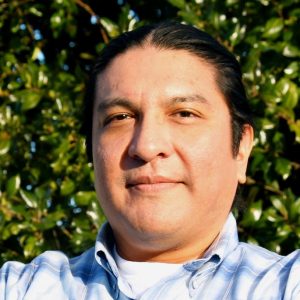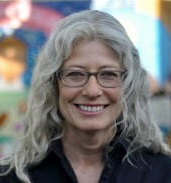
|
Harley Eagle
Harley Eagle is of Dakota & Ojibway Indigenous ancestry. He is a member of the Whitecap Dakota First Nations Reserve, in Saskatchewan, Canada. He was raised in Saskatchewan until the age of 16 when his family moved to Vancouver Island where he has lived at different times totalling 25 years. His most recent time started in 2014 when he returned to Courtenay, British Columbia with his partner Sue and their two daughters to take a position with Island Health as an Indigenous Cultural Safety Facilitator. His role was to initiate and implement cultural safety practices and values throughout the entire organization that create safe settings for Indigenous patients, families, and communities. Prior to working in the health field and with the concept of Indigenous Cultural Safety, Harley and his family spend over 15 years in several roles working for Mennonite Central Committee.
His work in the cultural safety setting in addition to his decades of experience working on Indigenous issues nationally and internationally has given him a broad base of experiences to work from as he works with organization to increase their cultural safety capacity.
In 2018 Harley reduced his role at Island Health and increased his consulting practice to full-time. Harley holds a MA from Royal Roads University (RRU) and a Healing from Trauma certificate. Currently he works with clients in BC, Canada and the US across many sectors including, public service and advocacy agencies, BC health authorities and healthcare related projects, for profit companies, universities, policing related organizations, and non-profits.
His current roster of clients includes, The BC Office of the Representative of Children and Youth, The Provincial Health Services Authority, Several University BC Health related projects, Royal Roads University, the University of Victoria, The Rural Coordination Center of BC (rural and remote health support), Michael Smith Health Research BC, The North West Company, Mennonite Central Committee Central States USA, the Office of the Police Complaints Commission, the BC Association on Child Development, and Intervention (BCACDI), BC Center for Ability (BCCFA), and the BC Family Hearing Resource Society to name a few.
The main concepts that are the foundation to his work are:
-
Relational, collaborative practice drawing from Indigenous ways of knowing and being.
-
Working from an analysis of systemic racism which clarifies the colonial experience and intersections with other oppressions.
-
Builds on the experiences and knowledge of participants.
-
Applies and informed by anti-racism strategies.
-
A de-colonized Trauma Informed Practice (TIP) lens.
-
Centers the Truth and Reconciliation Commission (TRC) on Indian Residential Schools on Canada Calls to Action and other commissions and reports pertaining to Indigenous Peoples.
|

